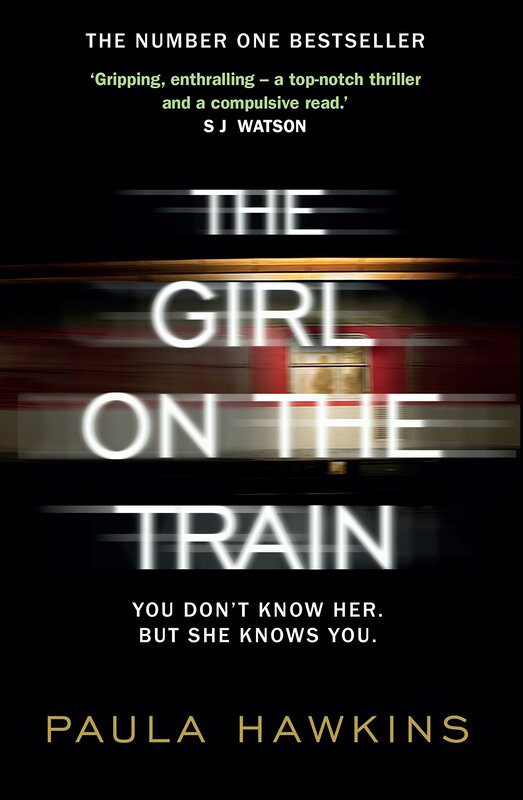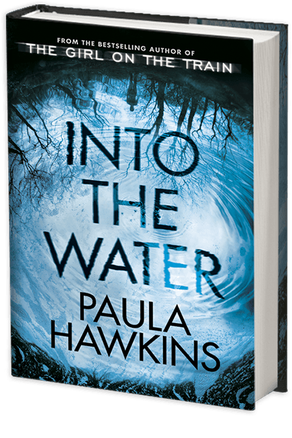THE ASSOCIATION BLOG
Here you will find everything from reviews, calls for papers, articles, and any crime fiction related news. Our aim is to create a broad, diverse and well-connected community of crime-fiction researchers and a space to share any and all things crime fiction. If you are interested in disseminating your research through The Association Blog, please get in touch.



 RSS Feed
RSS Feed
